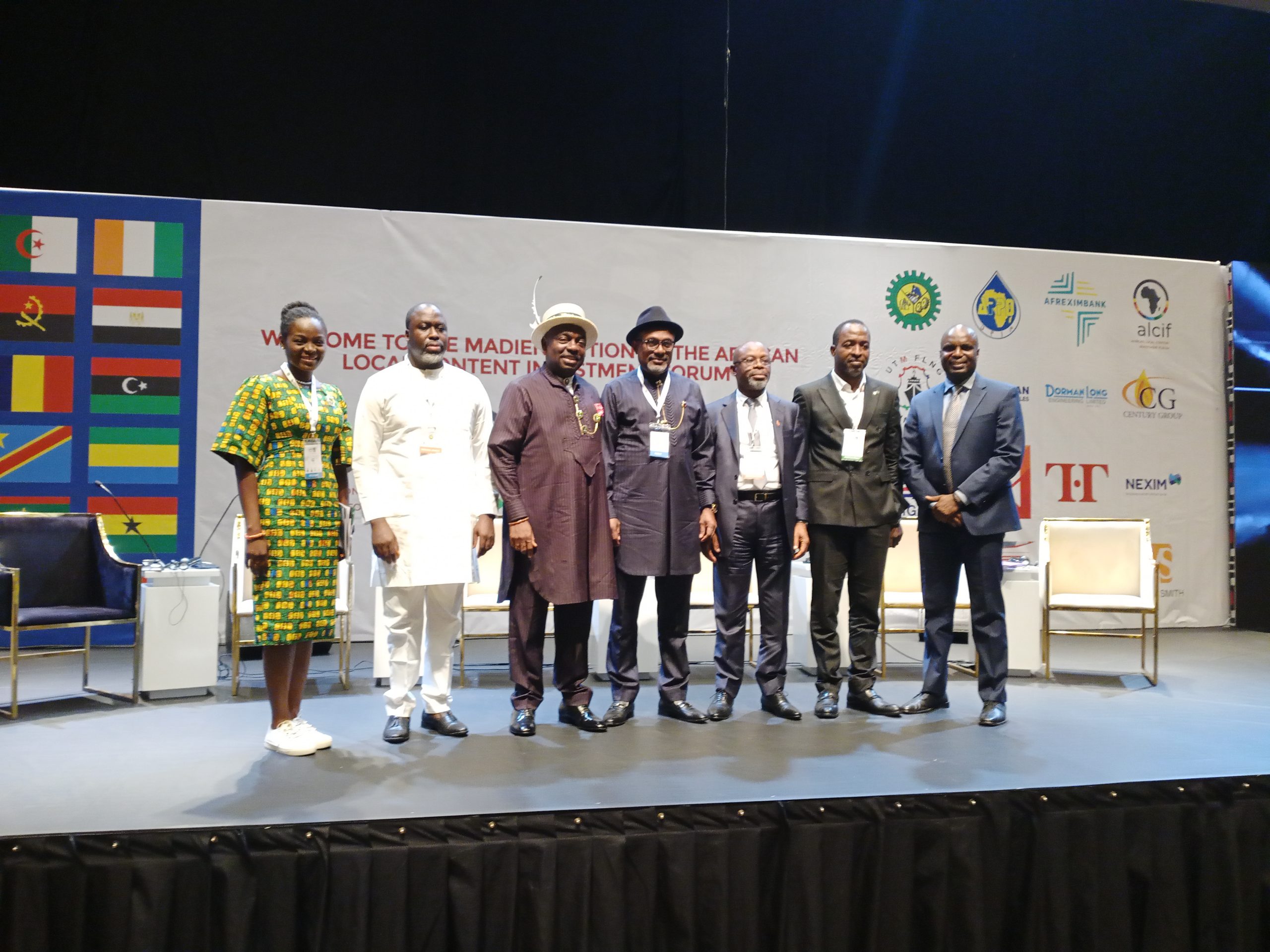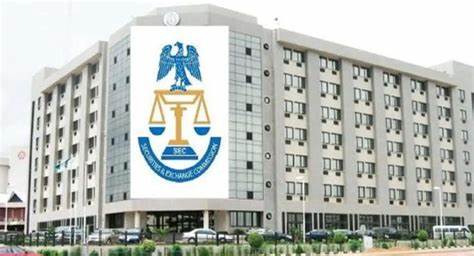Despite the call for gradual phase out of fossil fuel globally, stakeholders in Africa’s oil and gas believe that there is dire need to make strategic investment through robust funding to boost activities in the sector across the continent.
This view was expressed by cross section of stakeholders on Monday during the African Local Content Investment Forum (ALCIF) hosted by Nigerian Content Development and Monitoring Board (NCDMB) on the theme: “Evolving A Pan-African Strategy Towards Sustainable Funding of Africa Oil and Gas Projects.”
Speaking during one of the panel sessions held to discuss institutional collaborations needed to maximize benefits of the African Continental Free Area Agreement (AfCFTA) for local content development and energy security, Michael Faniro of AfCFTA, insisted that there is still need for robust investment in oil and gas projects in Africa even as energy transition is being talked about.
Join our WhatsApp ChannelFaniro stated that Africa only contributes a small percentage to the global green house gas emission, and advised that while preparing for energy transition, the continent should still tap into its rich oil and gas resources to be able to take care of its energy needs.
He said Africa needs to shape its narrative in that regard by adopting a model that works for the people instead of following the Western approach which do not take into consideration their current energy and economic needs.
Talking about the benefits of AfCFTA, Faniro noted that it creates single market in Africa for exchange of goods and services, as it connects about 55 countries in the continent.
He said, “We in Africa need to shape our narratives when it comes to energy transition. We still need the fossil fuel to develop Africa. Even for us to diverse, we still need oil and gas and so, even if we begin the energy transition, we still need to invest in oil and gas. So, I don’t believe in industrialized nations to stampede Africa in it.
“We have got opportunities through AfCFTA for the oil and gas. Traders in oil and gas can benefit through trading locally before being subjected to what happens in the international market.
What we actually need is value addition to these resources which will promote the GDP of African countries, create employment opportunities and boost the industrialization as well.”
He said AfCFTA would make Nigeria an energy hub and a large exporter of gas as well, given its large deposit of the resources. “We still need oil and gas for us to industrialize under AfCFTA,” he added.
Speaking earlier, the minister of state for petroleum resources, Timipre Sylva, who was represented by the Permanent Secretary of the ministry, Dr Nasi Sani Gwarzo, said Nigeria has huge deposits of natural resources which include, an estimated 600 trillion standard cubic feet of gas and about 120 billion barrels of crude oil.
Gwarzo stated that time has come for Africa to develop its gas resources before Western multinational companies completely phase out fossil fuel.
The executive secretary NCDMB, Engr Simbi Wabote, stated that Nigeria’s local content development model offers a useful guide for other countries and entities in Africa.
He disclosed that NCDMB through strategic partnerships with Bank of Industry (BOI) has been able to offer veritable source of funding for Nigeria Content Intervention Fund which has cumulatively reached $500 million. Others according to Wabote include $100 million for capacity building and women in oil and gas fund in partnership with NEXIM Bank and $50 million research fund to support research and Development (R&D).
He said, “In respect of African institutions, one bright spot is the African Export-Import Bank (Afrexim Bank), a pan-African multilateral financial institution mandated to finance and promote intra-and extra-African trade based in Cairo, Egypt.
“It is very instructive that Afreximbank signed a $1.04 billion facility with the NNPC Limited to finance the exploration of petroleum during the second intra-Africa trade fair which held in Durban, South Africa, few days after the completion of COP-26 event in Glasgow.
“For a bank that disbursed more than $42 billion between 2016 and 2020 in support of African enterprises, there is no doubt that Afreximbank is an institution of note in consideration of the quest for funding hydrocarbon development projects in Africa.”
On the way forward, the NCDMB boss stressed the need for creation of special fund for local content development in Africa with diverse product lines that address needs of oil and gas value chain penetration.
While speaking on challenges of getting funding for support of local content development, the director of financial services, NCDMB, Isaac Yallah said it is a very critical issue and called on commercial banks to come forward so that an effective intervention template can be drafted to support local content development.
Victor Ezeja is a passionate journalist with seven years of experience writing on economy, politics and energy. He holds a Master's degree in Mass Communication.






![Breaking: Tinubu Returns To Abuja After Europe Trip [Photos]](https://www.primebusiness.africa/wp-content/uploads/2025/04/Tinubu-returns-to-Abuja-Pohotos-2-720x480.jpeg)












Follow Us